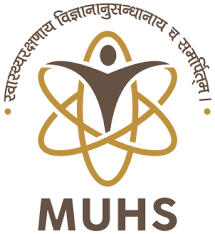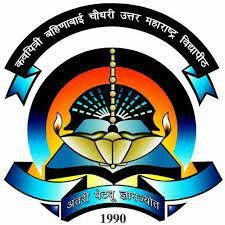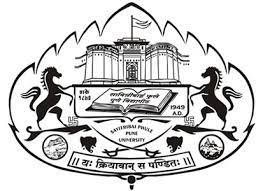Explore the promising career prospects and advantages of pursuing this degree, including opportunities in telecommunications, IoT, and cutting-edge technology, while uncovering the benefits of specializing in electronics and communication.
Exploring the Future Scope and Benefits of M.Tech Electronics and Communication Engineering
A Master of Technology (M.Tech) degree in Electronics and Communication Engineering is a specialized postgraduate program that provides advanced knowledge and expertise in the field of electronics and communication. Electronics and communication engineers design, develop and manage systems that enable global connectivity and drive technological innovation. This article explores the future scope and benefits of pursuing an M.Tech in Electronics and Communication Engineering.
M.Tech In Electronics and Communication Engineering Future Scope
-
Wireless Communication: With the advent of 5G technology and the ongoing development of 6G, the demand for experts in wireless communication is on the rise. M.Tech graduates can contribute to the design and optimization of wireless networks, IoT connectivity, and mobile communication systems.
-
IoT and Embedded Systems: The Internet of Things (IoT) is transforming various industries. Electronics and communication engineers specializing in IoT and embedded systems can work on creating smart devices, sensors, and interconnected systems that enhance automation and data collection.
-
Telecommunications: The telecommunications industry continues to evolve, with a focus on faster data transmission and improved connectivity. M.Tech graduates can contribute to the development of advanced telecommunications technologies, including optical communication and satellite communication.
-
Digital Signal Processing: Digital signal processing (DSP) is crucial for applications such as audio and image processing, speech recognition, and medical imaging. Experts in DSP are in demand in industries ranging from telecommunications to healthcare.
-
VLSI and Microelectronics: Very Large-Scale Integration (VLSI) engineers design integrated circuits and microchips. This field is essential for the development of modern electronics, including smartphones, computers, and automotive systems.
-
Photonics and Optoelectronics: Photonics engineers work on optical devices and systems, including lasers, optical fibers, and photonic sensors. This field has applications in telecommunications, medical devices, and advanced manufacturing.
M.Tech In Electronics and Communication Engineering Benefits
-
Specialized Expertise: An M.Tech in Electronics and Communication Engineering allows graduates to gain specialized expertise in their chosen area within the field. This expertise is highly sought after by employers and provides a competitive advantage in the job market.
-
Advanced Research Opportunities: M.Tech programs often include research components, enabling students to engage in cutting-edge research projects. This research can lead to innovations, patents, and publications, enhancing a graduate's professional portfolio.
-
Career Advancement: With an M.Tech degree, electronics and communication engineers can pursue leadership roles, research positions, and specialized careers that offer increased responsibilities and higher earning potential.
-
Global Opportunities: Electronics and communication engineering is a global field, and M.Tech graduates can find opportunities to work on projects worldwide. This international exposure can lead to diverse experiences and a global professional network.
-
Innovation and Impact: Electronics and communication engineers have the opportunity to work on projects that drive technological innovation and have a significant impact on society. Whether it's advancing wireless communication or developing IoT solutions, graduates can contribute to a connected world.
-
Job Security: The demand for electronics and communication engineers remains strong in various industries, providing a sense of job security and stability in the profession.
-
Versatility: Graduates with an M.Tech in Electronics and Communication Engineering have versatile skills that can be applied across a wide range of industries, from telecommunications to healthcare to aerospace.
 2 Years
2 Years
 Post Graduate
Post Graduate
 Engineering
Engineering














 back
back

